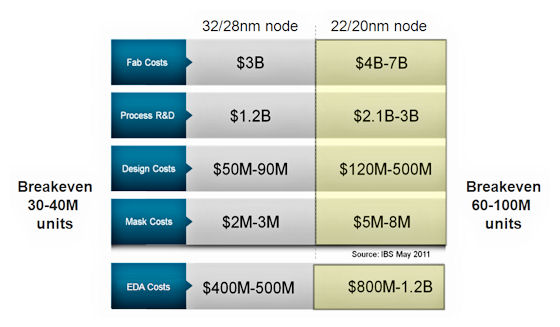The problem is, when AMD had a better product than Intel, Intel was actively stifling AMD through giving computer manufacturers incentives to only exclusively use Intel chips. So AMD couldn't line it's pockets to fund further development in the later years. When Intel finally had a better product than AMD, it didn't matter that Intel got fined £1 billion, it didn't matter because Intel had very deep pockets by then. However it's the ripple effect from all of this, Intel has been pushed for so long by all the major retailers, that the average joe will simply go for an Intel now, hence the manufacturers offer more Intel products....which just gets worse for AMD, as AMD is only on the "cheap" computers and to the average joe, cheap = shit.
The thing is, if AMD were to die, there would be no competition to Intel whatsoever, then we, as the consumer are actually negatively affected. Without any competition, there is no incentive whatsoever to innovate. A minor improvement can be charged for a higher price. So we, as the consumer get hit with higher prices.
Look what happened with Microsoft. They dominated the market and then we had to pay £90+ for each version of Windows that was pretty much the same as before. They left Windows XP for so long, simply because what was the point in making something new? If someone wanted a new OS, they had to pick Windows. (I know linux is available but it wasn't exactly user friendly now was it?). When Apple caught up, Microsoft has dramatically shifted it's policy!
However int he processor field, the goalposts are so far ahead, we will NEVER see a new company coming out with X86 processors (as only a handful of companies have x86 licenses to start with) and then the cost to invest in fab, design etc will likely run to well over £20 billion and that is ALOT of money to invest in a company that might not succeed.
I have always rocked AMD processors, I can trade the 10% of performance gain in the knowledge that I am making a difference. Plus I just prefer AMD. :wub:
AMD K6-2 3D Now! > AMD Athlon XP 2100+ > AMD Athlon 64 3500+ > AMD Phenom 9550
And now I have an AMD E450 and an AMD A8-3820. I feel my life is complete having owned a K6, K7, K8, K10, Bobcat and Bulldozer!

But still most of it seems to consist of moving wafers and chips between different manufacturing steps (and verifying their functionality). But this was done in previous manufacturing fabs too. So I still don't see how the equipment can get THAT much more expensive with each generation...?




